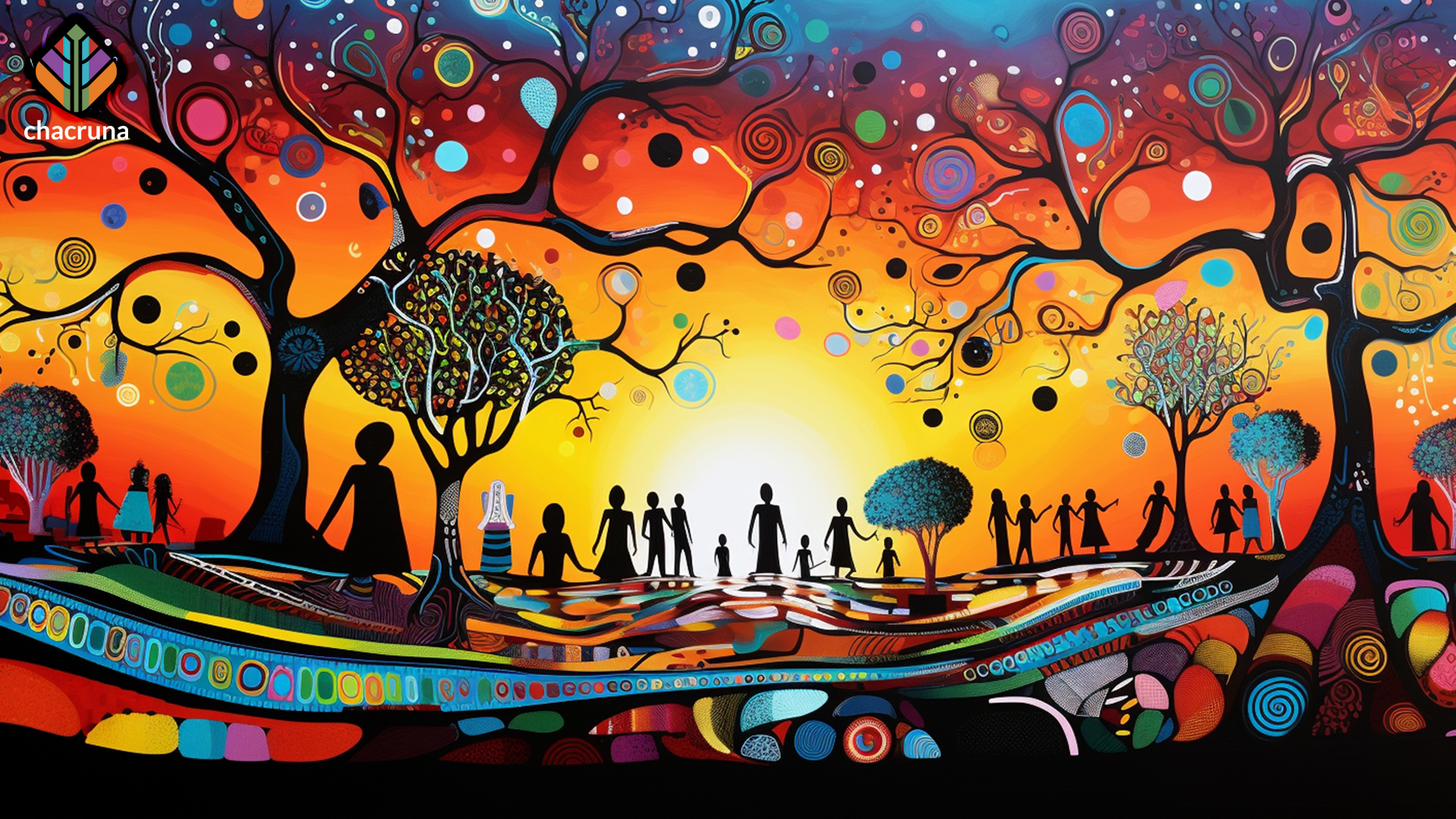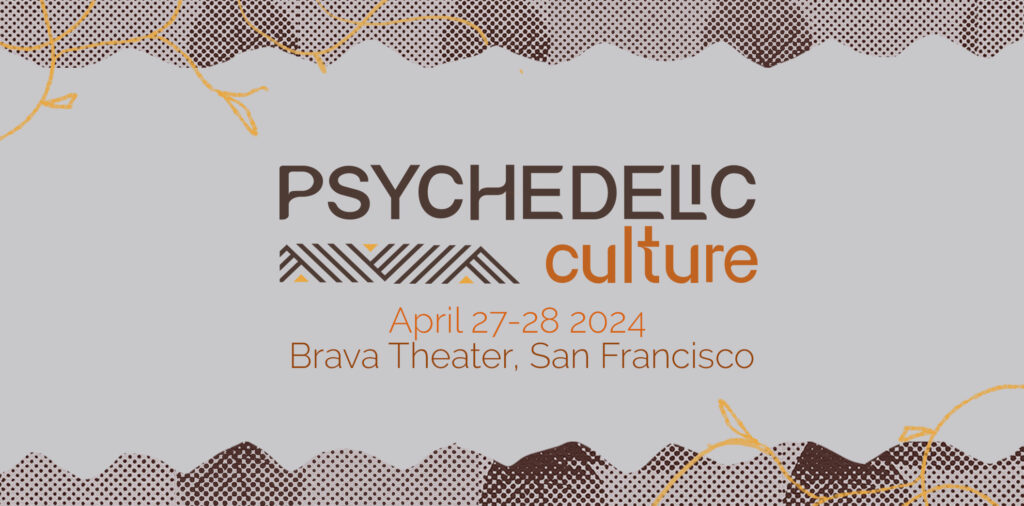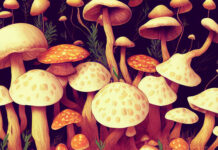- Psychedelic Parenthood: A New Ancestral Way of Raising a Family - November 2, 2023
- Ayahuasca and Childbirth in the Santo Daime Tradition: Solidarity Among Women and Psychedelic Cultural Resistance - March 9, 2022
- Madrinha Rita: Brazilian matriarch of ayahuasca - January 31, 2022
- Eight Frequently Asked Questions About Ayahuasca Globalization - February 13, 2024
- Ten Tips for Standing in Solidarity with Indigenous People and Plant Medicines - January 18, 2024
- Psychedelic Parenthood: A New Ancestral Way of Raising a Family - November 2, 2023
In the early morning of July 16, 2022, we were participating in an ayahuasca ceremony in the Santo Daime religion when, following local custom, we greeted the children: Viva às crianças!
Shortly afterwards, Jacqueline, the co-author of this article, then 38 weeks pregnant, suddenly went into labor.
We had hired a medical team to assist us during the early stages of labor. But things happened very quickly, and we were not able to contact the team who, at that time, were in another town.
We were concerned about the situation, and in the absence of specialized medical support, we tried to remember the art of midwifery as practiced in the Santo Daime religion and trusted our experience as members of this tradition to live that moment. We decided to look at it as a beautiful ritual. We drank a little ayahuasca, said our prayers, and focused on the memory of the elderly midwives –the old Black women called “Pretas Velhas” responsible for helping many women in challenging moments during Brazilian history, and Madrinha Cristina, godmother of the midwives of the Santo Daime.
We got into the car and drove to the maternity hospital, 50km away. On the way, we sang the Daime spiritual songs that are part of the birth ritual while concentrating on the solemnity and beauty of the moment. The labor evolved very quickly and, while we were downtown still on the way to the maternity ward, Yara Maria was born.
A birth that took place inside the car is a situation of great responsibility and a need for emotional control. Despite all the noise of the city around us and the challenge of the situation, and through our connection with our psychedelic and spiritual roots, we were able to embrace that experience and feel protected. We had the confidence to control our emotions and proceed to the maternity ward with our little girl safely cradled in her mother’s arms.
Today we are a psychedelic family of five people. We have three small children. Gael, five years old; Guaracy, three years old; and Yara, one year old. We are also researchers and enthusiasts of sacred plants and their cultures and members of Chacruna Institute.
From our experience as a psychedelic mother and father, we share here, briefly, 10 topics for the formation of a research agenda and a set of good practices on the subject.
This existential condition awakened in us a great personal and intellectual interest in psychedelic parenthood which motivated us to reflect and write about the theme. From our experience as a psychedelic mother and father, we share here, briefly, 10 topics for the formation of a research agenda and a set of good practices on the subject. We believe that these topics can help not only psychedelic parents, but also children, and positively impact the construction of safe and inclusive spaces for families in the psychedelic community.
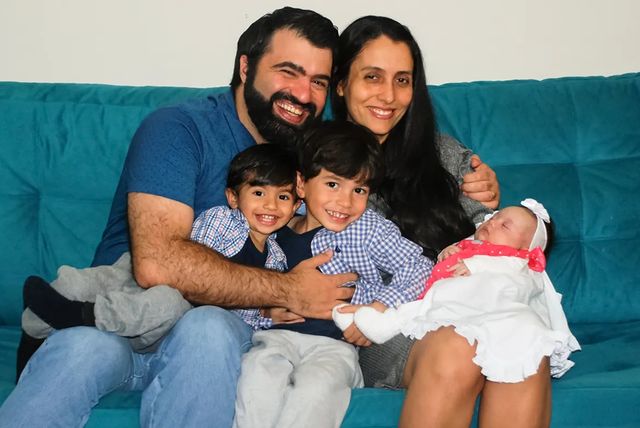
1) Psychedelics and childbirth
There are several traditional cultures where psychedelics are an integral part of community life, and may also be used during pregnancy and childbirth, as is the case of the Santo Daime tradition of midwifery, and in breastfeeding, as in the example of Wixárika mothers. Becoming familiar with these cultures can be liberating in a world where traditional practices of health and childcare are discredited in favor of a patriarchal biopolitical control over the bodies of women and children. On this point, it is important to emphasize that Brazil has a very pioneering and exemplary position in relation to ayahuasca. The religious use of ayahuasca is allowed in the country, pregnant women have the autonomy to consume ayahuasca in their practices, and the participation of children in rituals is a guaranteed exercise of parental rights.
2) Creating spaces for children and their integration into psychedelic communities.
In many groups where rituals with psychedelics take place, there are no spaces or people prepared to welcome children. Children are even seen in many settings as undesirable and noisy. But, if we want to talk about diversity and inclusion, we also need to include children.
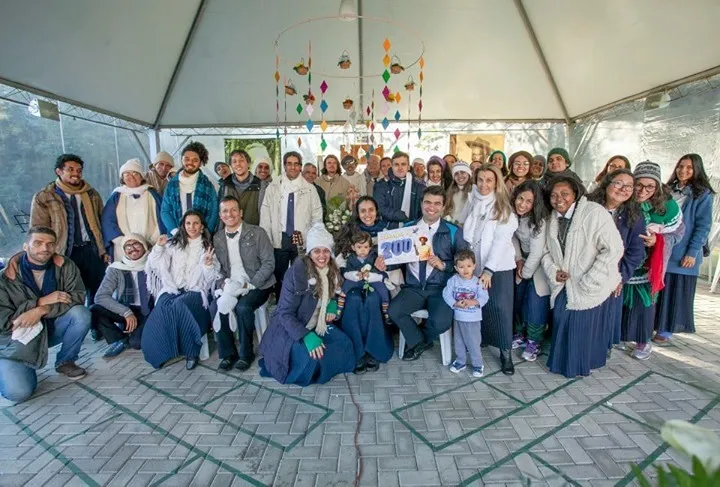
3) Recognize and value psychedelic mothers.
In the patriarchal world we live in, women who are mothers are constantly overburdened with childcare. The absence of spaces for the inclusion of children in the psychedelic environment often makes it impossible for mothers to participate in these places and keeps them away from psychedelics, privileging men. It is important to think about the place of women who are mothers within the psychedelic spaces.
The absence of spaces for the inclusion of children in the psychedelic environment often makes it impossible for mothers to participate in these places and keeps them away from psychedelics, privileging men.
4) Make men responsible in this debate.
Men are often negligent in caring for their children and in matters related to family and domestic life. The integration of men in the debate about psychedelic parenthood can be a good opportunity to change this paradigm, deconstruct machismo gender views, and produce more equitable and balanced relationships.
5) Recognize and celebrate the diversity of children.
Children are as diverse as adults, and this diversity must be contemplated. It is important that psychedelic spaces can have an inclusive and integrative vision toward children, thinking about their needs and potentialities. Not only white children but also BIPOC children and children with disabilities. The debate about psychedelic parenthood and diversity is also important so that we can deconstruct the heteronormative view on the subject, and include all families, not only cis heterosexual families, but also queer families. Every family has the right to feel safe.

6) Psychedelic pride.
There is still a lot of social stigma regarding the use of psychedelics, which are often associated with problematic use of dangerous drugs and demonic practices. In Brazil, for example, there are cases of Santo Daime children who were bullied at school for admitting to being part of ayahuasca-drinking families. It is important to fight for a school environment free of symbolic violence against children who are part of psychedelic traditions. There are also reports of risks of loss of custody of children due to parents’ use of psychedelics and lawsuits involving the prohibition of parents taking their children to ceremonies with the use of psychedelics even if only to watch. We need to discuss these topics. Being part of a psychedelic family or tradition should not be a reason for taboo, shame, or embarrassment.
7) Studying and learning from Indigenous traditions.
Psychedelic parenthood is a new subject in the Western universe, but it is something ancestral in many Indigenous traditions. In the culture of several Indigenous peoples, all generations of the family are integrated into the communal and ritual experience. Children accompany their parents to activities, and are educated about sacred plants and their properties. This may create a cultural clash for people who have views from outside this universe, who consider giving mind-altering drugs to children as irresponsible and problematic. It is important to observe traditional cultures to learn how children can be present in a healthy way in contexts where psychedelics are used.
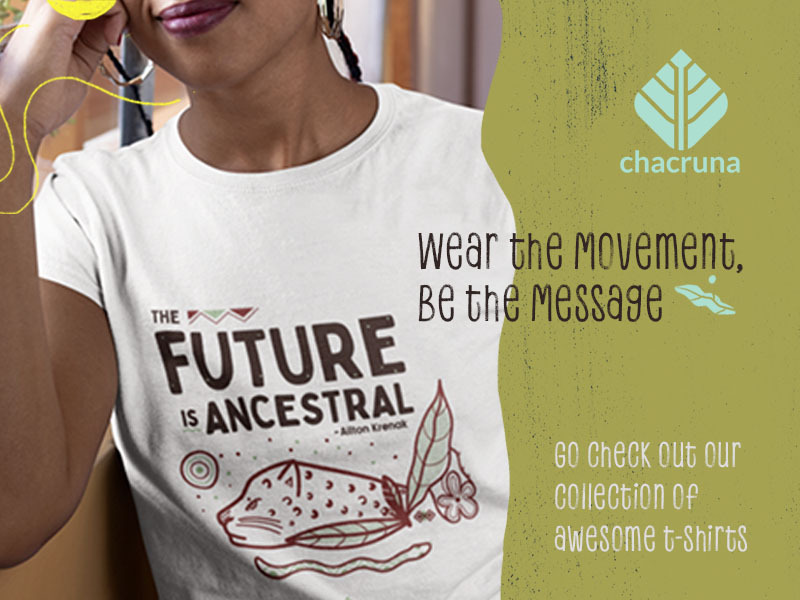
Shop our Collection of Psychedelic T-Shirts.
8) Researching the therapeutic potentials of psychedelics in the experience of parenting.
Ethnographic reports indicate that the psychedelic experience can help mothers and fathers deal with imposter syndrome and maternal guilt and positively re-signify the experience of parenting. Scientific research on the subject is very welcome.
9) Psychedelic science popularization for children and young people.
The theme of psychedelics is very much tied to social stigma, academic production, and counterculture consumed by adults. There is a lack of educational and scientific material about psychedelics for children and young people. This can also be a good form of public education, different from the hegemonic education linked to the War on Drugs. Imagine a world where children are educated to respect and interact with plants!
Find more information on the upcoming Psychedelic Culture Conference.
10) Creating support networks.
It is very important that psychedelic families dialogue and interact with each other. It’s vital that children who are part of minority groups have friends and know families who are like them. It is good to have psychedelic allies, and a support network can be helpful, not only to struggle against stigmas, but also to build collective community care for children and young people and to fight sexual abuse of this population. Having the support of psychedelic parents can also help people who discover psychedelics at a mature age to disclose this experience to their teenage children. Sharing experiences with people who understand is validating and beneficial.
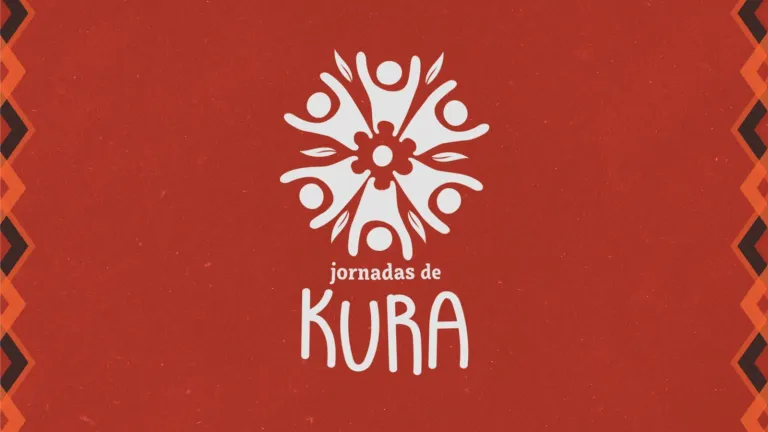
We are currently organizing a psychedelic parenthood education program as a part of the Jornadas de Kura project. It will focus on open conversations about psychedelic parenthood and family-focused education, addressing topics such as diversity, building safe spaces, integration of children and youth, and psychedelic parenthood advocacy.
Talking about psychedelic parenthood is important so that the potential of psychedelics to improve people’s lives and their communities can be achieved, inviting in mothers, fathers, caregivers and children and thus making this field increasingly diverse and inclusive.
The field of psychedelics is growing fast and wide, and thousands of people interested in the subject are also mothers and fathers. Talking about psychedelic parenthood is important so that the potential of psychedelics to improve people’s lives and their communities can be achieved, inviting in mothers, fathers, caregivers and children and thus making this field increasingly diverse and inclusive. We hope that these incipient topics of discussion will inspire people to reflect on this topic, for the benefit of the entire global psychedelic family.
Note: We would like to thank Dr. Bia Labate for her editorial contribution to this article.
This article originally appeared in MAPS Bulletin: Volume XXXIII Number 2, 2023 here.
Art by Trey Brasher.
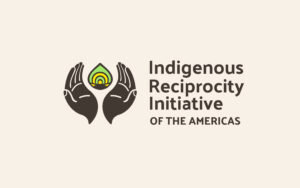
Discover the Indigenous Reciprocity Initiative of the Americas
Take a minute to browse our stock:
Did you enjoy reading this article?
Please support Chacruna's work by donating to us. We are an independent organization and we offer free education and advocacy for psychedelic plant medicines. We are a team of dedicated volunteers!
Can you help Chacruna advance cultural understanding around these substances?










